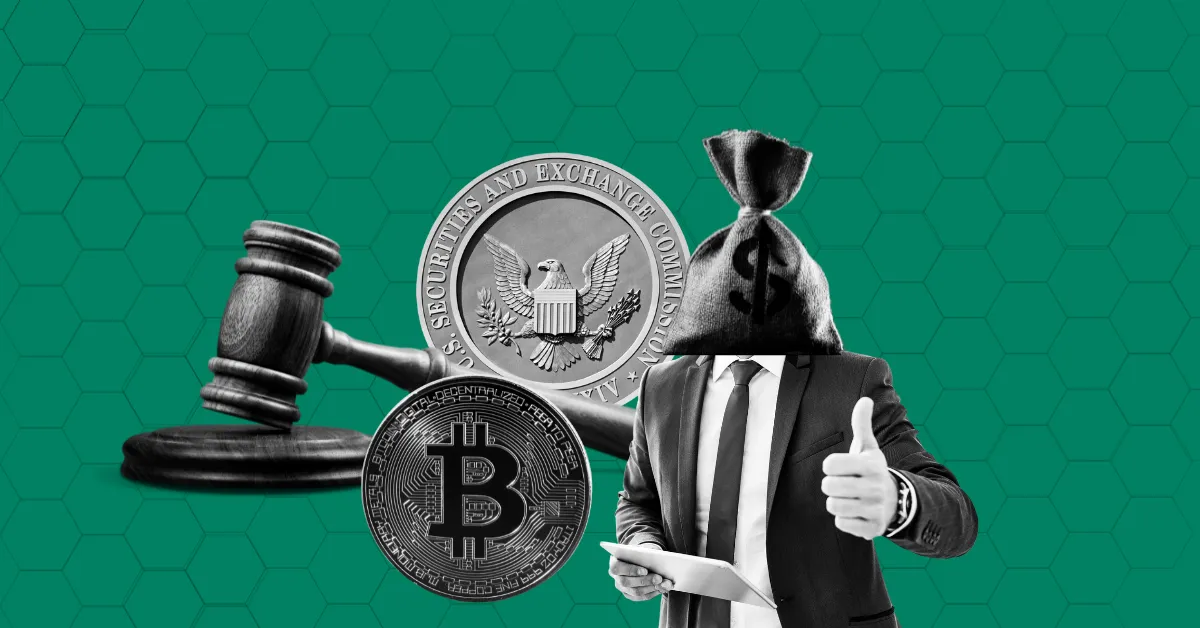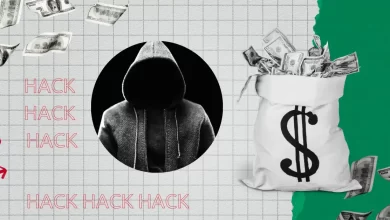SEC Leverages Coinbase Insider Trading Case to Strengthen Binance Lawsuit

SEC uses Coinbase insider trading case to strengthen its position against Binance and others.
Judge's ruling in the Coinbase case bolsters SEC's authority.
Regulators say it protects investors, but the industry fears it stifles innovation.
The Securities and Exchange Commission (SEC) has intensified its legal standoff with cryptocurrency exchanges, dropping a bombshell in its ongoing lawsuit against Binance, Binance.US, and former CEO Changpeng Zhao.
This move, inspired by the recent Coinbase vs SEC insider trading case, is raising concerns about increased regulatory scrutiny in the crypto industry.
Something Smells Fishy…
The SEC’s latest move involves a legal notice of supplemental authority in the SEC v. Wahi case, which centers around allegations of insider trading against Coinbase’s former product manager, Ishan Wahi, his brother Nikhil Wahi, and their associate Sameer Ramani. The SEC claims that Ishan Wahi shared confidential information about upcoming Coinbase listings, leading to illicit gains exceeding $1.5 million.
Adding the Wahi case as extra authority is seen as a strategic move by the SEC to strengthen its position in lawsuits against Binance, Binance.US, and CZ. This aligns with the SEC’s view that specific crypto transactions fall under its jurisdiction as securities.
Also Read: Coinbase CLO Uses “Bump Stock” Gun Case Against SEC, Questions Unfair Tactics
Industry Insights
Experts, including analyst John Reed Stark, see the SEC’s move as a well-planned strategy to leverage the Wahi case against Binance and Coinbase. This development is anticipated to have a significant impact on the crypto industry during its current bullish phase.
Judge Tana Lin’s ruling in the Wahi case reinforces the SEC’s position by confirming that certain cryptocurrencies traded on secondary markets are considered securities. The SEC relies on the Howey test, a legal standard, to support its stance on investment contracts.
Did You Know? Terrorism Financing, Money Laundering, No Taxes Paid? Binance Summoned by Nigerian Authorities
Community Debates
Within the crypto community, the SEC’s actions have sparked discussions. While regulators advocate for increased oversight to protect investors and market integrity, industry insiders express concerns about potential stifling of innovation and hindrance to growth. Coinbase’s Chief Legal Officer, Paul Grewal, openly criticizes the SEC’s approach, questioning the fairness of default judgments and their impact on the industry.
A clash emerges between Judge Jed Rakoff and Judge Analisa Torres in the Ripple case, where conflicting judgments based on the Howey test have stirred legal debates among experts. Judge Torres views Ripple’s direct sales of XRP as unregistered securities, a stance swiftly rejected by Judge Rakoff, adding fuel to the fire.
We’re in Dangerous Territory!
The Wall Street Journal points out that the SEC’s perceived overreach raises concerns about how regulators exploit vague laws to expand their authority, potentially undermining legal due process.
As the courtroom drama continues, the regulation of Bitcoin remains uncertain. The clash between regulatory authorities and industry players could have significant effects on digital finance, with billions of dollars at stake and the crypto market’s future hanging in the balance.













